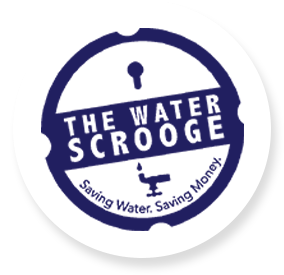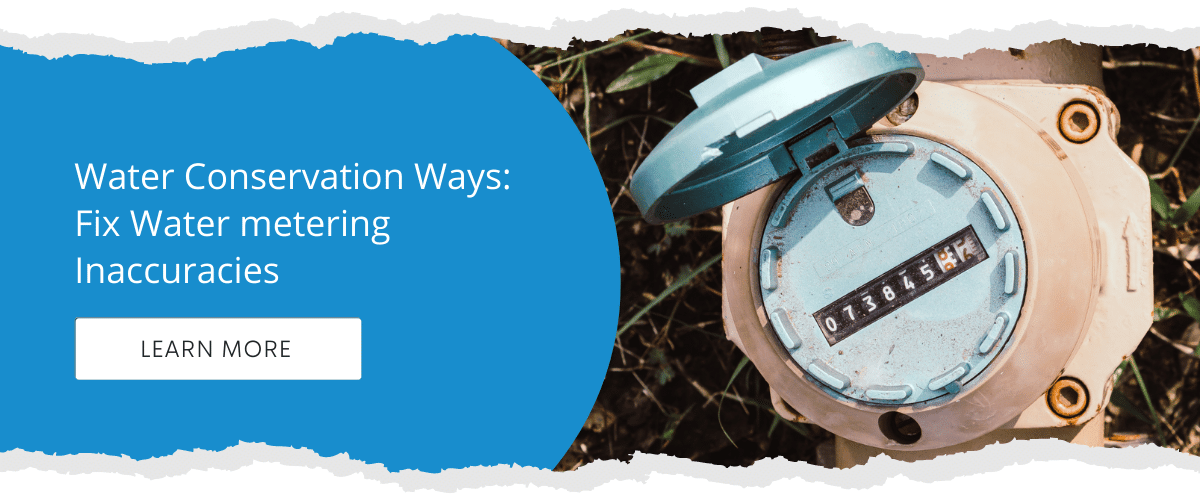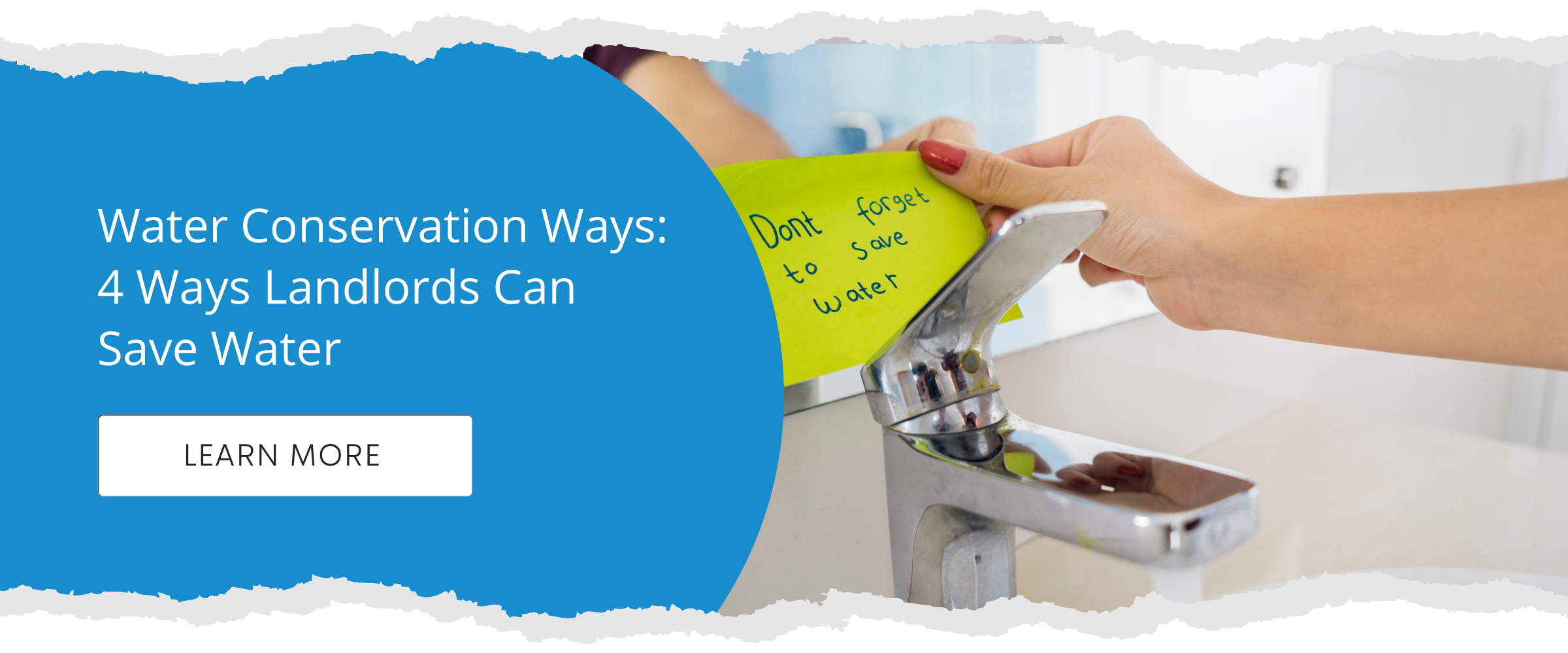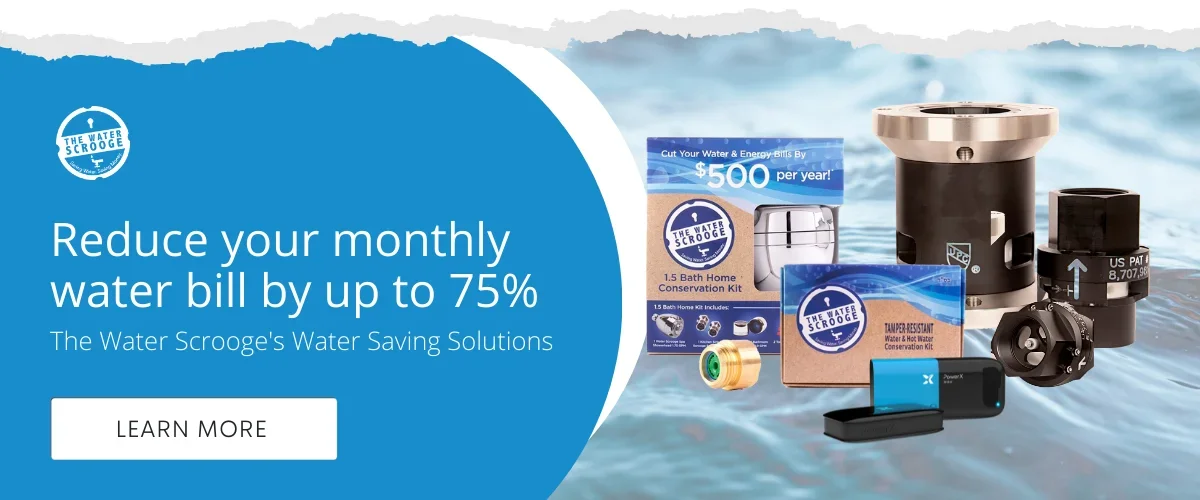
Owning apartments is expensive. Fortunately, people pay you to live there. Unfortunately, those payments need to cover the costs of maintaining the building, property, and all the bills that come along with it.
From 2015 to 2016, the average cost of expenses associated with rent-stabilized apartment buildings dropped 1.2% overall. This is largely due to the drop in fuel costs, but as you can see in this report from the NYC Rent Guidelines Board, all other expenses went up.
Identifying Your Expenses, Planning Your Income
Understanding where your money is going is the first step to knowing how to save and plan for your business’s future. It gives you the ability to remain agile when market prices change or issues with the property arise, and it lets you forecast potential problems before they clean out your wallet.
01. Fuel
Depending on the severity of the natural or political climate, your budget may drastically be influenced by the price of oil. This is the expense that fluctuates the most between years, and in the last 12 months, it’s dropped 41%.
There are plenty of ways to pad this expense and keep your tenants comfortable.
Since oil is mainly used for heating, paying attention to your building and ways to improve heating it can save you money in the long-term. Controlling your water consumption can save you even more.
Currently, the average cost of heating oil in New York City has dropped to roughly $2.50 a gallon. The good news for apartment owners is that the cost generally drops for larger purchases. Work out a deal for the best pricing, and if you own multiple buildings, place them under an individual account to maximize your savings.
02. Utilities
Utility prices dropped 0.3% over the 2015, but they still account for roughly 11% of the expenses for a New York City apartment complex.
Utility costs vary largely between electricity, water, and natural gas, but on average, utilities for a 915-square-foot apartment cost around $127 per month. Add up all the other units and you’re talking enormous numbers.
Of that total, water and sewer charges account for more than 70%.
One of the main culprits for high water bills? Leaking toilets.
It’s estimated that 1 in every 5 toilets has a leak. That can, and will, quickly add zeros to your water bill if you’re not careful. A single high-volume toilet leak can quickly escalate to a $10,000-a-year problem.
03. Maintenance
Like those toilets, other things are going to break. Having a trusted maintenance team is a must have for any property manager.
These teams can include plumbers, painters, carpenters, masons, roofers, and other tradesmen. Depending on the size of your property, those people can be hired as employees or contractors.
An employee means you have someone on the payroll who you can call when you need them to handle a task exactly as you need it done. With a contractor, you’re paying a negotiated price for someone to accomplish the job in any way they deem fit.
We recommend employees for a constant variable you can account for. Their pay and hours are part of the monthly books.
Contractors work great when you’re in transitional stages or periods of uncertainty. Best case scenario, they’re great and you can continue to hire them. Worst case scenario, you cut ties after the current contract and find someone else.
04. Administrative Costs
The largest chunk of expenses will be from your administrative dealings. This includes companies you contract to manage your buildings, as well as professionals like accountants, attorneys, and marketers.
An accountant for managing your books can be a full-time position if you have enough units. The average salary for an accountant is around $50,000, but the savings they can find through deductions when filing taxes can be more than enough to see the position as worthwhile.
Legal fees can quickly stack up, especially if you pay hourly. If you’re not paying a stiff hourly rate, you may be able to get a flat rate for landlord services. While it can get expensive, there are a lot of good reasons why you shouldn’t neglect to hire one.
The typical property manager will charge 8 to 12% of the monthly income. There are other fees that will differ per company, but you can expect a large sum to be paid out monthly.
05. Insurance Costs
Insurance policies increased an average of 7.6% from 2014 to 2016. That number continues to grow every year.
If you’re managing your own properties, you’ll need professional and general insurance. Professional insurance will cover you for tenant discrimination and wrongful evictions, while general will cover any injuries on the property.
While it’s a good idea to only pay for what you need, skimping on insurance to save yourself from the premiums could be disastrous if any legal or medical issue were to arise. If you’re set on lowering costs, identify where you can accept risk and be ready for the consequences, whether good or bad.
Finding the Savings
There are a lot of ways you can save money within these categories, and they're not as difficult as you might think.
For heating, outfit your buildings with better insulation. While there's an upfront cost, homeowners report saving 10 to 20% of their annual utility costs. For property managers, those savings are larger, and over time, it pays for itself.
Don't hire the first maintenance crew or contractor that comes your way. Shopping around can help you find better prices and more reliable work. Look on sites like Yelp and Angie’s List or find contractors through other companies like Bolster. There are many more options than initially meet the eye.
When you're looking at your insurance plan, ensure the protection you're paying for is what you actually need. Update your Replacement Cost Values every year to be sure you are covered for what you’re paying. Many insurance agencies won’t lower your RCV to the correct cost unless you request it.
Quiet Monitoring, Impressive Results
While those techniques are great, nothing can beat passive savings.
Like we mentioned earlier, 1 in every 5 toilets is leaking. With the Toilet Scrooge, property managers havecut up to 37% of their water usage. That saved one company over $3 million dollars with water conservation.
Just like with the other categories on this list, understanding where money is going can help you plan your company’s financial future while taking care of your property and your tenants.
About The Water Scrooge™
The Water Scrooge™ offers water conservation ways and products to multi-family landlords and homeowners, including: shower flow controllers, Leak Detection Systems, Toilet Leak Prevention Devices (The Toilet Scrooge™), water flow management devices (SMART Valve™), toilet calibration and DIY products.
Also featuring The Water Scrooge™ App. Our app empowers your team to carry out the installation of our kits. With it, you can also record and track data points about the units (other than water usage).




